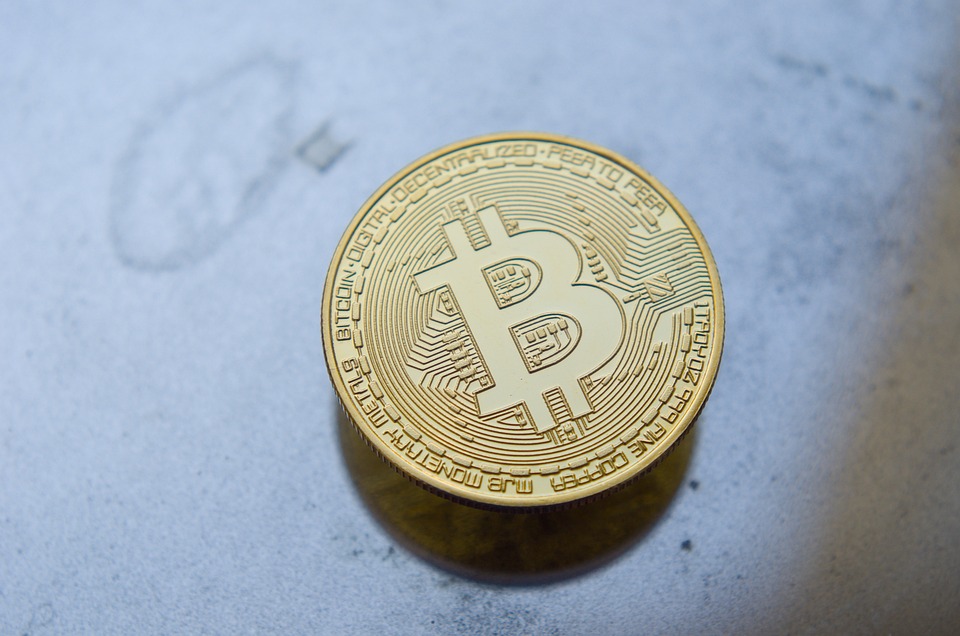In an era of digital finance, Bitcoin has emerged as one of the most revolutionary assets since the inception of money itself. However, along with the promise of decentralized wealth comes the unyielding responsibility of securing it. As the value of Bitcoin continues to grow, so does the importance of safeguarding your investment from potential threats. Unfortunately, many newcomers and even seasoned investors make common security mistakes that can jeopardize their holdings. This article will explore these pitfalls and offer actionable strategies to keep your Bitcoin safe.
1. Neglecting Secure Storage Solutions
One of the primary mistakes people make is failing to use secure storage solutions, relying instead on exchanges or online wallets. Leaving your Bitcoin in an exchange exposes you to hacks and insolvencies. To mitigate this, consider using one of the following secure storage options:
-
Hardware Wallets: These are physical devices that store your private keys offline, which makes them highly resistant to hacking attempts. Popular options include Ledger and Trezor.
-
Paper Wallets: A paper wallet is a physical document that contains your private and public keys. While they are safe from online threats, they can be easily lost or damaged and require careful handling.
- Cold Storage: This refers to keeping your private keys offline in a secure location, ensuring they are only accessible when needed.
2. Overlooking Two-Factor Authentication (2FA)
Many users underestimate the importance of two-factor authentication, putting all their eggs in one basket. 2FA adds an extra layer of security by requiring a second piece of information (usually a code sent to your mobile device) to access your account. Always enable 2FA on your exchanges, wallets, and any other platforms that support it. This drastically reduces the risk of unauthorized access, even if your password is compromised.
3. Weak Password Practices
Using weak, easily guessable passwords or reusing passwords across multiple accounts leaves your Bitcoin vulnerable. A strong password should be unique, at least 12 characters long, and contain a mix of upper- and lower-case letters, numbers, and special characters. Consider using a password manager to generate and store complex passwords securely.
4. Failing to Backup Wallets
The loss of your Bitcoin due to a hardware failure, accidental deletion, or loss of a physical wallet can be devastating. Many users forget to back up their wallets regularly. Make sure to keep multiple backups of your wallet file and recovery phrases in secure locations — ideally, physically separated from your primary storage. Utilize encrypted USB drives or even tamper-proof safes to protect these backups.
5. Falling for Phishing Scams
Phishing scams are all too common in the cryptocurrency space. Unscrupulous attackers often mimic legitimate websites or send fake communications to trick users into providing sensitive information. Always double-check URLs, scrutinize email addresses, and never click on suspicious links. To verify authenticity, navigate directly to the site in question instead of using links from emails or messages.
6. Ignoring Software Updates
Like any software, wallet applications and operating systems receive updates to patch vulnerabilities. Ignoring these updates can expose you to threats. Regularly update your wallet software, device operating systems, and security software. The few moments it takes to carry out these updates could save you from severe losses.
7. Inadequate Knowledge of Your Investments
Many investors dive into the world of Bitcoin without fully understanding its complexities. This lack of knowledge can lead to poor decision-making and expose them to risks. Spend time researching Bitcoin, its technology, and the market trends. Following reputable news sources, engaging with the community, and even taking courses can help you make more informed choices.
8. Neglecting the Importance of Privacy
In the cryptocurrency space, privacy is often overlooked. Sharing too much information about your holdings or transactions can make you a target for theft. Be discreet about your Bitcoin investments and use pseudonymous wallets if you want to maintain your privacy. Tools like CoinJoin, Tor, and VPNs can further enhance your anonymity when transacting.
Conclusion
As more people enter the world of cryptocurrency, awareness of security practices becomes increasingly important. By avoiding these common mistakes and implementing proper security measures, you can protect your Bitcoin investments from potential threats and gain peace of mind. Remember, the responsibility of safeguarding your wealth lies with you. Stay informed, stay vigilant, and keep your digital assets secure. Whether you are a seasoned investor or just starting on your Bitcoin journey, taking these precautions will help ensure that your financial future is as secure as possible.


